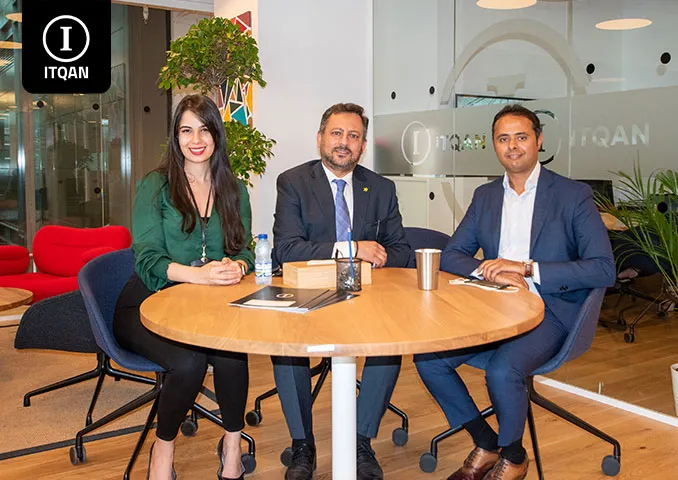Professional and Commercial Licenses in Dubai: Legal and Practical Differences
If you’re considering business setup UAE, understanding the different types of licenses available is crucial. The choice between a professional and a commercial license in Dubai can significantly impact your company’s legal framework, operational scope, and taxation. This guide offers entrepreneurs clear distinctions, legal requirements, and practical considerations to make the best decision for their business.
What Is a Professional License in Dubai?
A professional license in Dubai is issued to individuals or companies that offer non-commercial services based on intellectual or artistic expertise. It is designed for entrepreneurs who provide consultancy, education, legal services, healthcare, or design.
Key Features of a Professional License
- Ideal for service-based businesses
- Owned 100% by foreign investors in most cases
- Allows issuance of employee visas as needed
- Fewer capital requirements than commercial licenses
Common professions requiring this license include consultants, engineers, architects, doctors, and other skilled professionals.
What Is a Commercial License in Dubai?
A commercial license is necessary for companies involved in buying, selling, or trading goods and commodities—whether wholesale or retail. This is the most common license for those planning to launch a trading company or retail business in the UAE.
Key Features of a Commercial License
- Required for all trading and merchandise businesses
- Can be owned by foreign investors, especially in free zones
- Higher costs than professional licenses due to scope
- Requires clear cataloging of goods and services traded
Legal Differences Between Professional and Commercial Licenses
There are several legal distinctions to consider when choosing between a professional and commercial license for your business setup UAE journey. These differences extend to ownership structure, business activity, and legal liability.
Ownership Structure
- Professional License: Allows full ownership by foreign nationals with a local service agent (not a partner).
- Commercial License: Typically requires a local sponsor with at least 51% ownership on the mainland. However, full foreign ownership is allowed in some free zones and under new regulations for specific business activities.
Legal Liability
- Professional firms are usually sole establishments or civil companies, meaning the owner is personally liable.
- Commercial enterprises are generally LLCs (Limited Liability Companies), where liability is limited to shareholders’ investment.
Practical Differences That Affect Business Setup UAE
Aside from legal implications, there are several practical considerations when selecting the right license. Understanding these differences can save time and money during the business setup UAE process.
Business Activities
Dubai’s Department of Economic Development (DED) has activity lists for each license type. Businesses cannot operate beyond their licensed activity categories. Ensure your business activity matches the license you choose.
Setup Costs
Generally, professional licenses cost less compared to commercial licenses, especially for sole proprietors. However, commercial licenses often require additional warehousing, logistics, or retail space, which increases overall expenses.
Explore our detailed guide on how much it costs to obtain a trade license in Dubai.
Free Zones vs Mainland
Choosing between a free zone or mainland licensing structure also affects the type of license you need. For local market access, a mainland license is ideal. Free zones offer 100% ownership and specialized infrastructure but may restrict direct dealings in the UAE market without a distributor.
Which License Is Right for You?
Your business model defines your licensing needs. Here’s a quick comparison to help guide your decision:
| Criteria | Professional License | Commercial License |
|---|---|---|
| Best For | Service providers | Trading businesses |
| Ownership | 100% foreign (mainland+agent) | 51% local sponsor (mainland) |
| Liability | Unlimited (Sole/Partnership) | Limited (LLC) |
| Common Legal Form | Civil Company | LLC |
| Initial Cost | Lower | Higher |
Business Setup UAE: Key Steps to Obtain the Right License
Whether you choose a professional or commercial license, the setup process typically includes the following steps:
- Choose your legal structure and business activity
- Reserve a unique trade name
- Apply for initial approval from the DED or relevant authority
- Find a suitable office or warehouse space (if applicable)
- Draft and notarize the MOA (for LLCs)
- Submit final application and documents
- Receive trade license and start operations
For entrepreneurs with specific niches, such as financial startups, check out our article on Why DIFC is one of the best places to start a financial firm in Dubai.
Common Mistakes to Avoid During Business Setup
When setting up your business in the UAE, avoid these common pitfalls:
- Choosing the wrong license for your activity
- Failing to understand local sponsorship laws
- Not budgeting for hidden compliance costs
- Not checking visa eligibility with license type
If you’re new to UAE’s business landscape, read more in our guide on common mistakes to avoid when opening a company in Dubai.
When Should You Get Legal Advice?
While general guidelines help, it’s advisable to consult legal and business setup experts to ensure you comply with UAE regulations. This is especially important for foreign investors or when you’re unsure about the right license type.
For authoritative information, visit the UAE Government Portal.
Conclusion
Understanding the legal and practical differences between professional and commercial licenses is foundational to successful business setup UAE. Selecting the right license ensures seamless operations, legal clarity, and protects your investment. Whether you’re offering consultancy services or trading goods, Dubai provides a flexible and investor-friendly environment tailored to your business goals.








